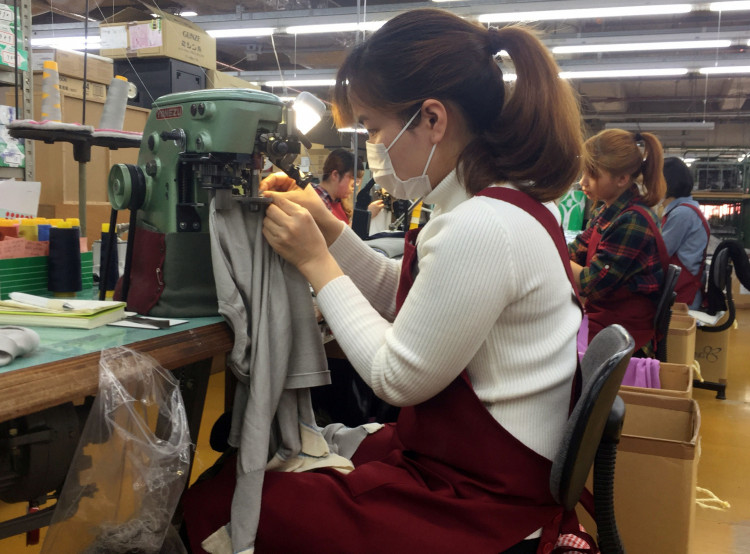The Vietnamese Parliament is expected to discuss potential reforms to the country's Labor Code sometime in the coming weeks as the country is scheduled for the second National Assembly or Quoc Hoi this month.
According to a Thursday report by the Voice of America, a proposition to revise the code is expected to be announced during the National Assembly this month and one of the major revisions could be a grant for workers to create their own unions.
Vietnam is looking to improve its workforce by enforcing more rights for employees and workers in the country. Experts noted that allowing workers to form independent unions will promote a sense of responsibility to protect each other's rights.
It is worth noting that under the current Labor Code, Vietnam already has an existing workers' union. However, this union is managed by the state. If the revision is passed, new unions will be created and workers will have more power to protect themselves from potential employer abuse.
Labor experts believe Vietnam decided to take action on the union issue due to its trade deal with the European Union (EU). Under the agreement, Vietnam is expected to improve worker protection policies in the form of additional unions.
Aside from the potential union grant, the revision, if approved, could further put a halt on the abuse of temporary contracts. The reform could pave the way for workers under temporary contracts to fend off abuse from their employers.
Most political analysts believe the revision will pass Parliament. However, it is expected that debates on the benefits and downsides of the reform will emerge in the coming weeks before a final vote is made.
Over the past few years, labor and rights have become key issues of concern for the European Union in terms of several Southeast Asian countries, including Vietnam.
For Human Rights Watch deputy Asia director, Phil Robertson, Brussels should further push the Vietnamese government into improving not just the Labor Code but also the human rights policies in the country as these two are interlinked.
Another topic of interest in recent weeks is the possibility that more women will be given equal opportunities in the Vietnamese workforce. The country still has a male-dominated business landscape and for some industry experts, this issue should be addressed.
Labor analysts called on the government to show coordinated effort with companies and institutions on how women will be introduced and welcomed not just into the workforce but also in ministerial positions in the government.
It remains to be seen how Vietnam's Labor Code debates will progress and if the recommendations made by some labor organizations and experts will be addressed.





